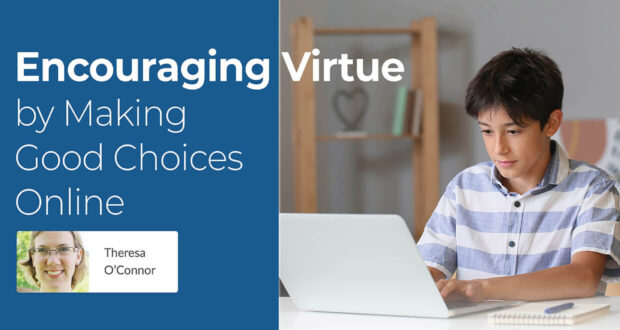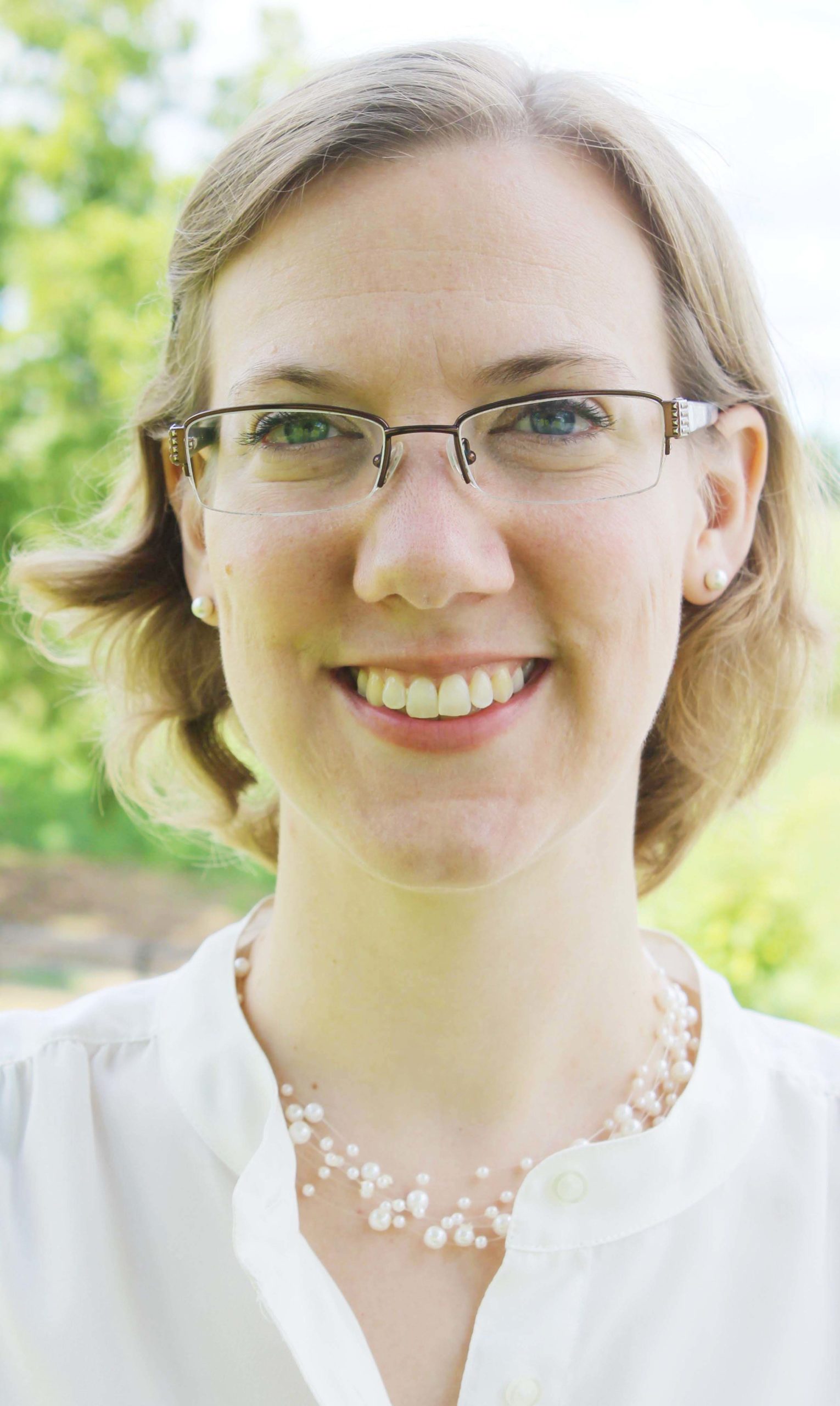Summary
Our work as parents includes encouraging virtue, raising strong and mature heroes, and training our kids to make good online choices.It’s a question many concerned parents ask themselves: How can I prevent my child from visiting objectionable websites or using valid websites in objectionable ways?
This concern can persist even when a family has installed protective software or blocked certain websites. It can persist even when the student’s access to the internet is limited or monitored.
After all, most young people are more tech-savvy than most parents and can always borrow a friend’s device. No one wants to supervise their children full-time; we want to trust them to make good choices, even when we’re not watching them. Making good and virtuous choices on one’s own is a sign of maturity.
Besides modeling it for them, how can parents and guardians help their students develop this maturity? How can we encourage them to choose good and, on the other hand, discourage them from making bad choices?
Firstly, we can tell them why they should avoid an objectionable website–or avoid misusing a legitimate site. For example, while study-help websites and Chat GPT have legitimate uses, cheating by plagiarizing material from these websites or using Chat GPT to write an essay robs the student of the learning opportunity the assignment provides and wastes time they have to develop their understanding.
Additionally, plagiarizing harms others by taking their work and claiming it as one’s own. Explain to the student that you want them to take advantage of the time and learning opportunities they have.
Ways to Help
Secondly, address any underlying issues. Why does a student want to visit or use an objectionable website? Continuing with the cheating example, is it because it’s faster, and they don’t feel they have time to complete an assignment? Work with them to make time.
Do they feel the work is beyond their skill level? Help them develop the study skills, writing skills, or organizational skills they lack. Encourage them to contact the Seton academic counselors for help or perhaps find a tutor.
Is it curiosity? Curiosity is not a virtue – nor is it a vice. Curiosity can lead us to good or to evil. Students need to learn to recognize where curiosity is leading and train themselves to avoid following it to unsavory places.
Can your student walk past someone else’s open mail, open journal, book, or assignment and not read it? Can they walk out of earshot of someone else’s private conversation? The ability to do these is good training for passing over websites they have no business being on.
Is it peer pressure? Are they going to certain sites or following certain internet trends because everyone else is? Acknowledge that everyone feels peer pressure, even adults. The temptation to go with the flow will not disappear in some distant (to them) and magically virtuous adulthood.
Raising Strong Adults
Encourage them to practice being a strong adult by being a strong child or adolescent. Acknowledge, too, that all humans are created as part of a community and are called to communion with God and each other.
We are meant to have family and friends to learn from and be accepted and loved by. Not all ‘friends,’ however, are good for us. Who are the people in their life that they admire and want to be proud of? Children need people–peers, adults, saints, and especially Jesus–whose friendship and good opinions are worth having.
Make sure they know these people and encourage them to behave in a way that their real friends could be proud of. Make sure they know that they are God’s beloved child, that Jesus loves them, sees the good in them despite their weaknesses, and that they can always turn to Him before or after a fall.
Choosing virtue is a challenging feat. If a student is straying on the internet simply because it’s there and easy to access, put up controls, certainly.
But also remind them that virtue is not weakness but heroism. It requires interior strength and maturity. They are called to be strong and mature heroes.

 Seton Magazine Catholic Homeschool Articles, Advice & Resources
Seton Magazine Catholic Homeschool Articles, Advice & Resources

